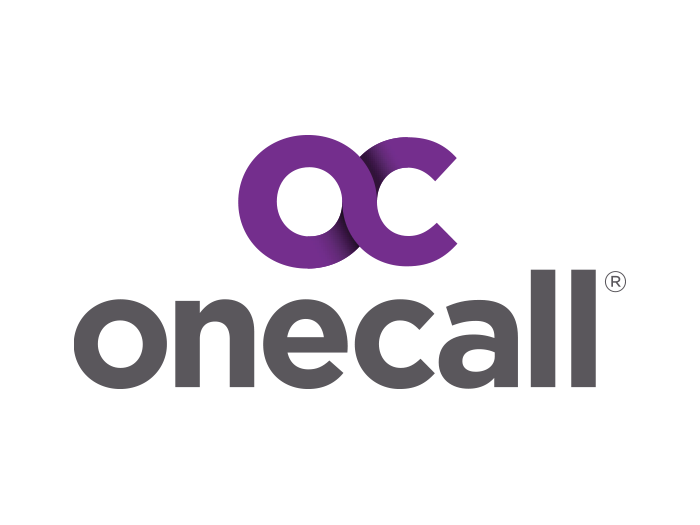Opinion | Do We Really Need Email? Did We Ever?
The human accomplishments that happened before the widespread use of email are numerous.
To name just a few: Pizza was invented. Mozart wrote symphonies. People built spacecraft, flew them to the moon and walked on the lunar surface.
These days, insurance companies and their insureds are struggling with the fact that thieves and other miscreants are using email addresses to exploit security vulnerabilities, and in some cases, steal data, shut down operations and/or extort ransom payments.
Cyber losses are so great and frequent, that pricing the risk has become, let’s face it, next to impossible. Why else are cyber insurance rates spiking the way they are?
“Hello, here’s your renewal, and your premium is going up 300%.”
Fun! Where can I get more of that?
If the research is correct, 90% of ransomware attacks are perpetrated by phishing emails, where the dark-hearted sender embeds a toxic link and tries to trick someone into clicking it.
With so many communication platforms at our disposal, including Slack, Teams, Zoom, phones, etc., the question may be: Do we need to have so many people within organizations using email?
If the phishing risk is so widespread and fearsome, and our communication options so many and varied, then what’s the point of such universal email use; mere force of habit?
Email has uses. It’s efficient and fast. But it also has severe limitations.
Taking a step back, email, in my opinion, is a mediocre communication platform that is fraught with risk, even if you put aside phishing and ransomware. I compare email communication to attending a masquerade ball, minus the glittering outfits.
With emails, context can be murky, nuance is all but drowned, and the potential for misuse is rampant.
Want to ignore someone’s idea or suggestion? Just don’t respond to their email.
Want to pester someone a few times a day to buy your product or sign up for their service, just email your target, sorry, I mean your “customer,” to the point that they become numb.
How many of us possess personal email addresses that have become the digital equivalent of a big folder of junk mail thousands of lines long?
“You bought our product, what did you think of it?”
“You bought a green sweater. How about a blue one?”
“Take our survey. Are we very, very good, or very, very bad? Our chief marketing officer is dying to know.”
Maintain it you say, you can cancel that junk that keeps on coming. I say, I already have a job, I don’t need another one.
And do we want to talk about what pop-ups do to our attention spans?
If organizations are looking for a way to stem the tide of cyber intrusions, limiting the use of internal email seems to be a good place to start.
Not everyone that is using internal email needs to be using it to the degree they are with so many other channels available. And we have to ask ourselves, how human is it for us to be staring at computer screens all day and managing email inboxes?
Perhaps the reason cyber thieves can use email to trick us, costing billions, is that the use of email doesn’t really fit with who we are as humans.
Ergonomics is defined as the study of people’s efficiency in the workplace. A subset of ergonomics is using that information for loss control in the workers’ compensation sector.
Human factor ergonomics looks at how well our work fits us, physiologically and psychologically. That is, how well suited to our humanity, how our brains work, what we are and how we should be working, is our workplace and in this case, email management?
Burnout is an issue in the workplace. How much of that burnout is connected to the use of technology that our systems aren’t built to engage with to the degree that they are?
We can train employees to be good cyber stewards in how they work with email. Nothing wrong with that on the face of it. But perhaps we should be asking whether we should be using email so much at all.
When all is said and done, are we people-based organizations that use data? Or are we data-based organizations that “use” people? &










